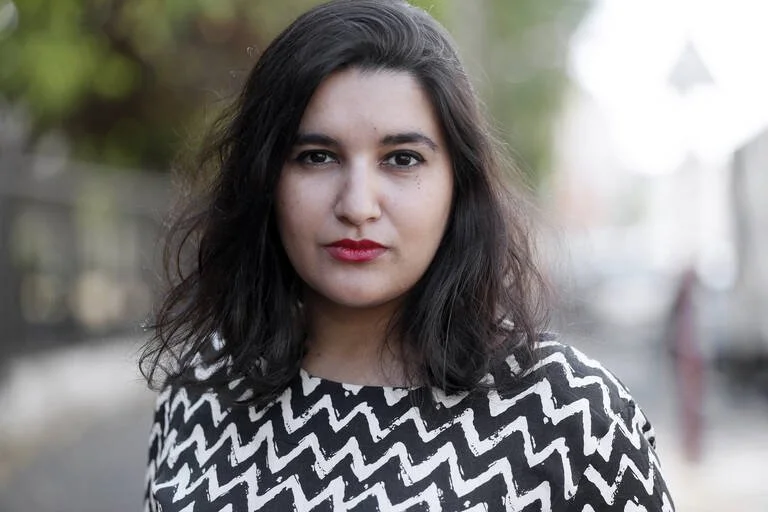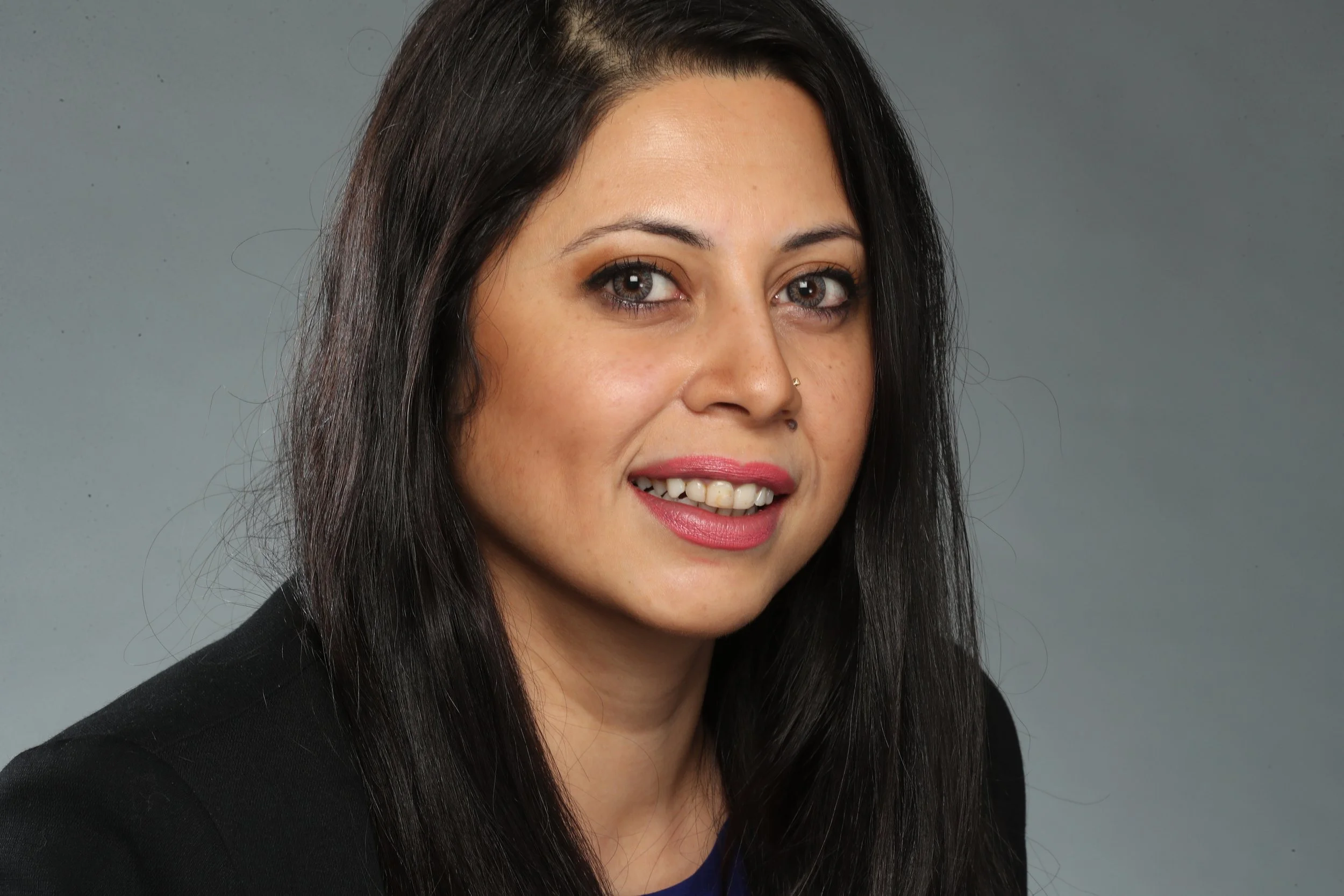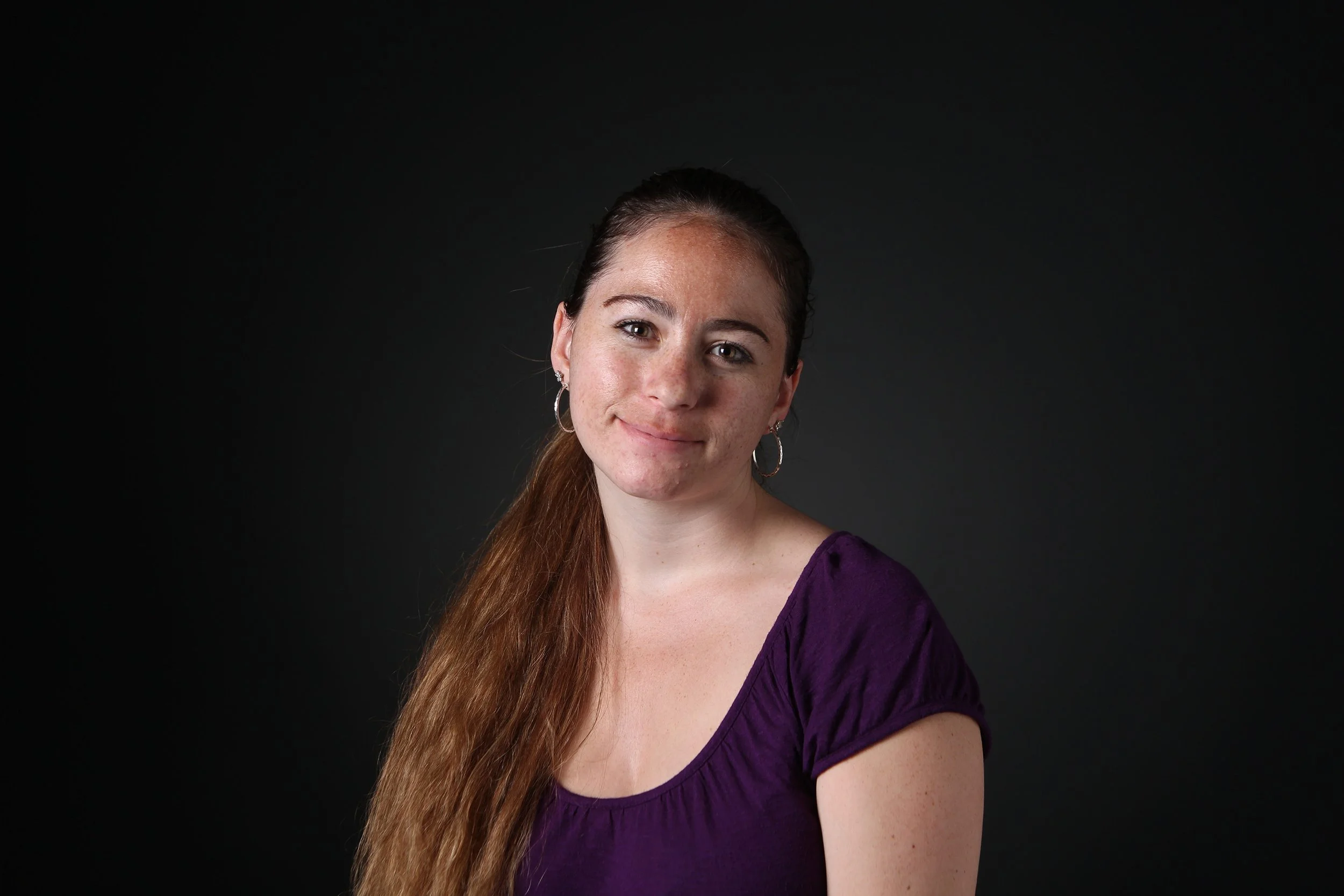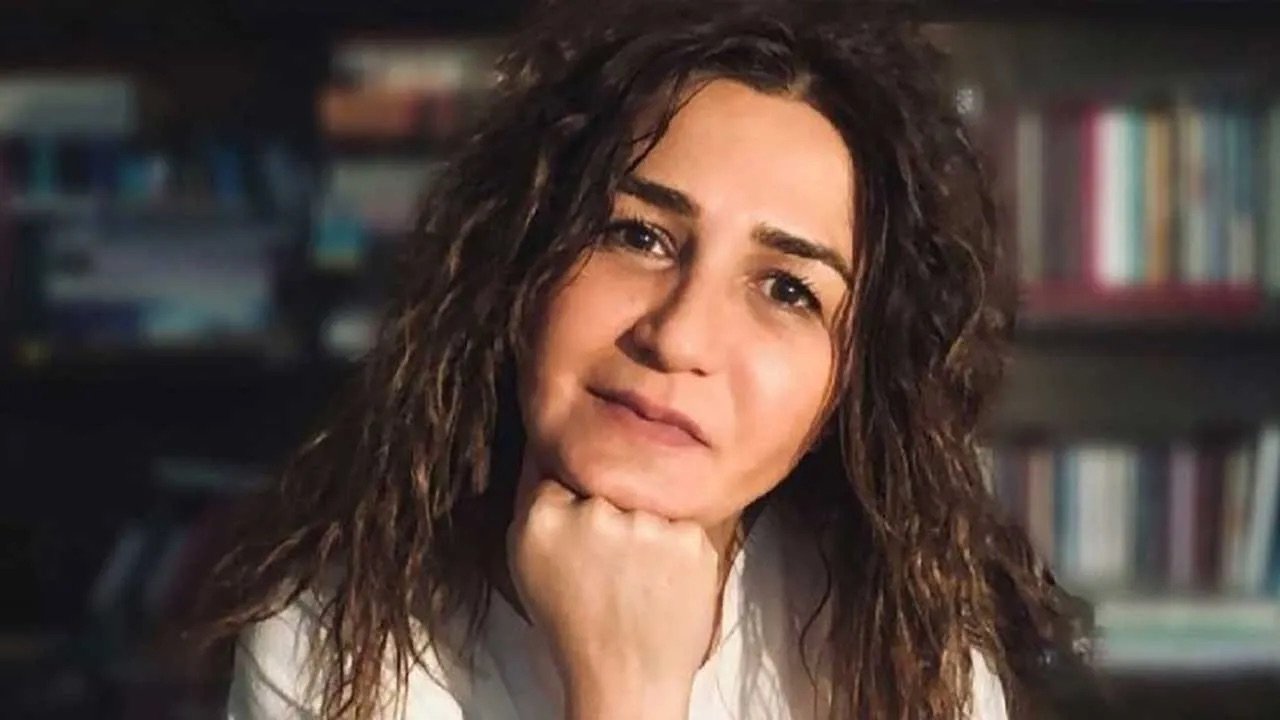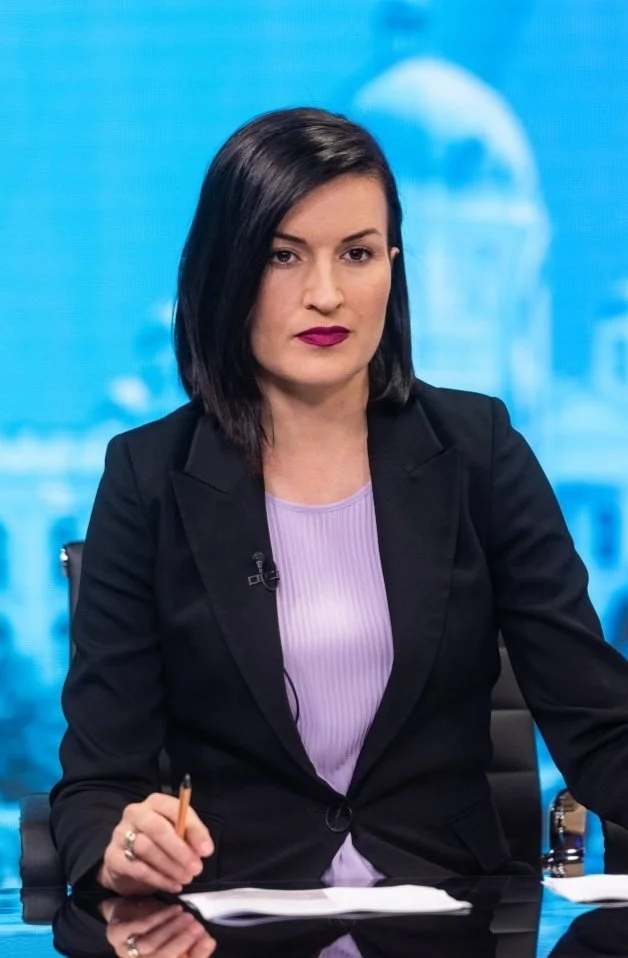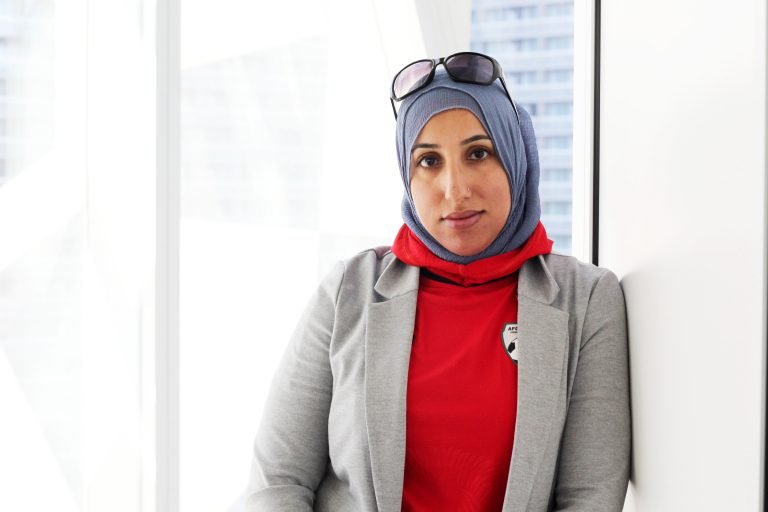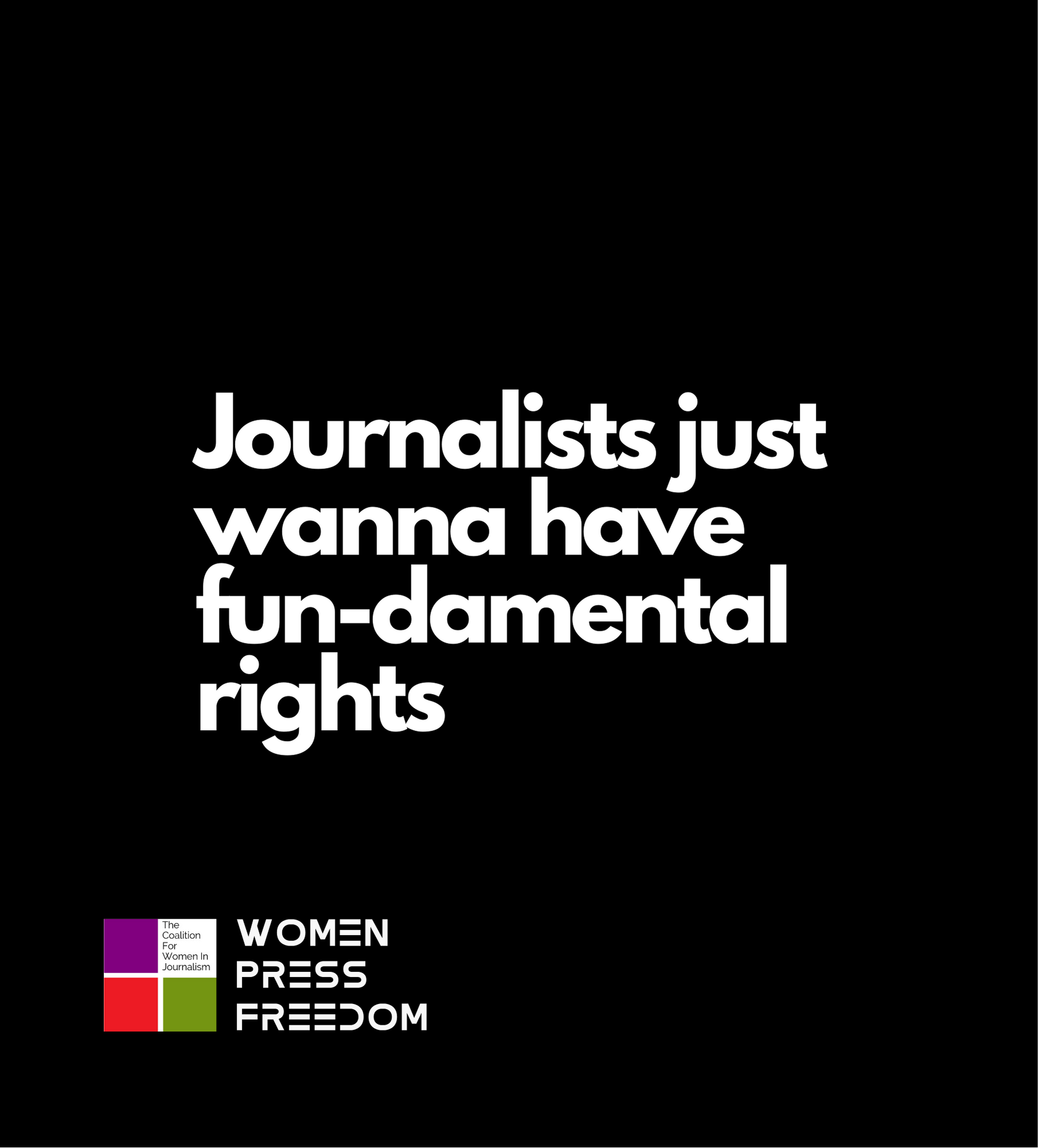Ethiopia: Women Press Freedom Condemns Coordinated Troll Campaign Against Journalist Ximena Borrazás
“Such attempts to intimidate or discredit journalists are unacceptable and must be condemned in the strongest terms” - Inge Snip, Senior Editor WPF
Location: Ethiopia
Date: June 14, 2024Women Press Freedom stands in unwavering solidarity with Ximena Borrazás, a freelance journalist and photographer based in Barcelona, who has faced a torrent of online harassment following her reports on the conflict in Tigray, Ethiopia. We have discovered that the harassment faced by Ximena Borrazás is part of a coordinated troll campaign. Our analysis revealed that many abusive messages came from bots — automated accounts capable of generating thousands of messages daily — and potentially paid trolls, real individuals hired to post offensive and disruptive content online. These attacks are not only an affront to Borrazás personally but also to the truth and the voices of the women whose stories she strives to tell. Women Press Freedom condemns the harassment faced by Ximena Borrazás and calls for immediate action to combat online abuse against journalists. We urge social media platforms to take stronger measures against coordinated troll campaigns and protect journalism's integrity.
“I’ve been called a liar, a prostitute, and received comments mocking the victims I reported on,” Ximena Borrazás tells Women Press Freedom. “The most painful part is seeing people make jokes about the traumatic experiences of the women I interviewed.”
Borrazás, a freelance photojournalist published in CNN, the Guardian, and Deutsche Welle, is facing a wave of online harassment following her coverage of the stories of women who have been victims of rape and torture in the conflict in Tigray, Ethiopia. The harassment, which began last week, includes accusations of lying, personal attacks, and misogynistic insults.
Borrazás, known for her in-depth coverage of conflict zones and humanitarian crises, shared her experiences with Women Press Freedom, detailing the abuse she has received. The attacks began with comments challenging the veracity of her reports, accusing her of spreading false information. However, the harassment quickly escalated to more personal and vitriolic messages.
Women Press Freedom found evidence that the attacks are part of a coordinated troll campaign against the journalist. Many tweets either came from bots — automated accounts capable of generating thousands of messages daily — and from paid ‘trolls’ — real people hired to post offensive messages online.
“We stand in unwavering solidarity with Ximena Borrazás,” says Inge Snip, senior editor at Women Press Freedom. “The harassment she is facing is part of a broader trend of online abuse aimed at silencing women journalists. Such attempts to intimidate or discredit journalists are unacceptable and must be condemned in the strongest terms.”
Organized troll campaigns have significant impacts, including silencing voices by intimidating individuals and causing self-censorship. They discredit information by spreading falsehoods and attacking the credibility of legitimate sources, leading to public confusion and skepticism, eroding trust in online platforms as users become wary of content authenticity. These campaigns also exacerbate societal divisions by spreading inflammatory content, increasing polarization and conflict.
Borrazás’s recent work in Tigray has focused on the stories of women who have been victims of rape and torture. Her gender, she believes, has allowed her to gain the trust of these women, enabling her to uncover stories that might otherwise remain hidden. However, being a woman journalist also makes her a target for gender-based harassment, her male colleague has not been targeted.
“The attacks are not just on me but also on the truth and the women whose stories I am trying to tell,” says Borrazás. “It’s an attempt to discredit their experiences and silence the voices of those who have already suffered so much.”
Ethiopian Government's Crackdown on Press Freedom Intensifies
Since the outbreak of civil war in the Tigray region in 2020, the Ethiopian government has continued to curtail press freedom. The government has weaponized its media regulator, undermining its role in protecting journalists. Several journalists have been killed, and many others whose reporting conflicts with government narratives have been detained on serious charges, including terrorism.
“The attacks are not just on me but also on the truth and the women whose stories I am trying to tell,” says Borrazás. “It’s an attempt to discredit their experiences and silence the voices of those who have already suffered so much”
Women Press Freedom has documented numerous incidents involving the arrests and detentions of women journalists in Ethiopia. In April 2023, Amhara journalists Genet Asmamaw and Meskerem Abera were violently arrested by police. Meskerem Abera, a founding editor of Ethio Nikat Media, was previously released on bail in December 2022 after her second arrest that year. Journalist Meaza Mohammed faced detention for the third time in nine months in September 2022, reflecting ongoing pressure on media workers. Additionally, Luwam Atikilti and her colleague from Ahadu Radio & TV were detained in November 2021 after airing an interview about the TPLF, despite later retracting the broadcast and issuing an apology. In February 2021, journalist Lucy Kassa was physically assaulted by gunmen who took her equipment, and the Ethiopian Broadcasting Authority criticized her instead of offering support. These incidents highlight the severe challenges faced by journalists, particularly those covering sensitive issues like the Tigray conflict.
The EMA suspended the press licenses of several foreign journalists, including Economist journalist Tom Gardner in May 2022, and warned four international media outlets in November 2021 that their licenses could be revoked for disseminating false propaganda and undermining national security in their coverage of the Tigray conflict.
Misinformation Surge Amid Tigray Conflict Leads to Harassment, Violence, and Media Manipulation
The conflicts in Ethiopia have led to widespread online attacks on women journalists, including relentless online harassment, forcing many to withdraw from digital platforms and allowing perpetrators to dominate the discourse.
Misinformation has become critical, with both the government and the TPLF having used social media to control narratives. The government has been implicated in the creation of social media accounts that falsely represent diplomats, journalists, and other experts to propagate pro-government narratives. Additionally, the government has labeled its critics as sources of disinformation, exemplified by the Information Network Security Agency's (INSA) unsubstantiated claim that the TPLF was generating 25,000 misleading tweets daily. This chaotic information environment has also seen non-state actors leveraging large followings to engage in trolling and harassment.
The real-world consequences of this online misinformation are dire, as seen in the tragic murder of university professor Meareg Amare, which was preceded by Facebook posts inciting violence against him. Similarly, Amnesty International researcher Fisseha Tekle was forced to flee the country after receiving severe harassment on Facebook for his work documenting human rights abuses.
Governments, Social Media, and International Community Must Combat Coordinated Troll Campaigns
Despite the online abuse Borrazás is facing, she remains resolute in her commitment to her work. She continues to use social media to highlight the stories of those affected by the conflict in Tigray, emphasizing the importance of raising awareness about these issues.
“The harassment only strengthens my resolve,” she tells Women Press Freedom. “These trolls fuel my determination to continue shining a light on these atrocities.”
“These trolls fuel my determination to continue shining a light on these atrocities”
The organized troll campaigns against journalists like Ximena Borrazás have significant impacts, including silencing voices, spreading misinformation, and increasing societal divisions. The harassment of Borrazás is an attack not only on her but on the truth and the voices of the women whose stories she is dedicated to telling.
We call on the Ethiopian government and all governments to recognize the severity of online harassment against journalists and implement laws protecting journalists from such coordinated attacks. Those who engage in or orchestrate these campaigns must be held accountable. Additionally, governments must cease any involvement in these practices and take active measures to support press freedom and the safety of journalists.
We urge social media platforms to take immediate and decisive action against coordinated troll campaigns. This includes improving algorithms to detect and remove bot accounts, strengthening policies against harassment, and ensuring that real-time support is available for journalists facing online abuse. Platforms must prioritize the safety and mental well-being of journalists who use their services to share vital information and stories.
We call on the international community to join us in condemning the harassment of Ximena Borrazás and other journalists. We urge the United Nations and other international bodies to address the issue of online harassment against journalists in their agendas and to provide support mechanisms for those affected.
Women Press Freedom is an initiative by The Coalition For Women In Journalism
The Coalition For Women In Journalism is a global organization of support for women journalists. The CFWIJ pioneered mentorship for mid-career women journalists across several countries around the world and is the first organization to focus on the status of free press for women journalists. We thoroughly document cases of any form of abuse against women in any part of the globe. Our system of individuals and organizations brings together the experience and mentorship necessary to help female career journalists navigate the industry. Our goal is to help develop a strong mechanism where women journalists can work safely and thrive.
If you have been harassed or abused in any way, and please report the incident by using the following form.





